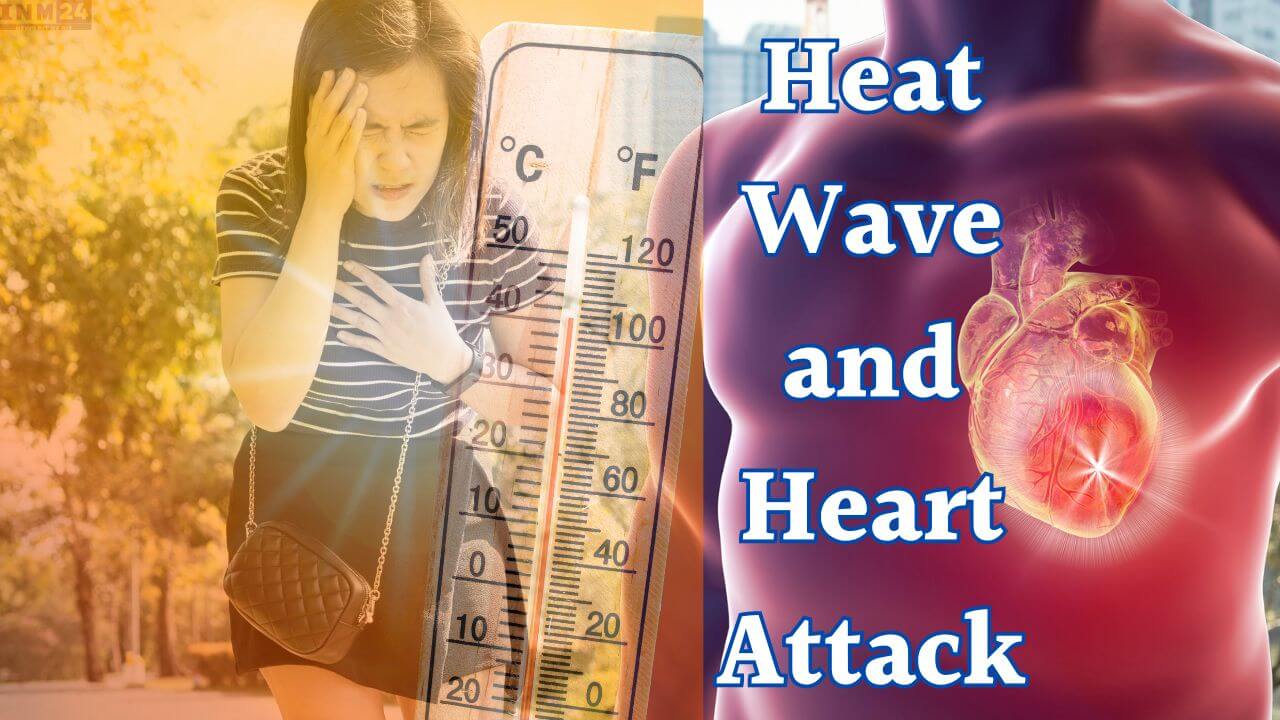The meteorological department has issued an alert for the prevalence of heat waves in the coming months. While heat strokes pose significant risks to the body, they also increase the likelihood of heart attacks. Therefore, it’s crucial to pay attention to your body’s signals during hot weather and take preventive measures.
Heat Stroke as a Risk Factor for Heart Attack
Doctors warn that heat strokes can become a precursor to heart attacks. As the body tries to regulate its temperature during high heat, the heart is forced to pump more blood to maintain circulation. This increased workload on the heart can lead to elevated blood pressure and, in some cases, trigger heart attacks or heart failure.
Identifying Symptoms
During hot weather, some individuals may experience fatigue quickly due to the body’s inability to regulate its temperature. This directly affects the heart and increases the risk of a heart attack. Additionally, sudden fainting spells during hot weather can also be indicative of an impending heart attack. If you experience persistent headaches due to sun exposure, it could also signal a potential risk. In such cases, seeking immediate medical advice is crucial.
Preventive Measures
To prevent heat stroke and reduce the risk of a heart attack, it’s essential to
- Stay hydrated by drinking plenty of water.
- Consume lemon water daily to replenish electrolytes.
- Never skip breakfast and ensure a nutritious diet rich in fruits and vegetables.
- Opt for shade or indoor activities to avoid prolonged exposure to the sun.
By following these preventive measures and staying vigilant about symptoms, you can minimize the risk of heat-related complications, including heart attacks. Remember, taking care of your health during hot weather is paramount for overall well-being.
